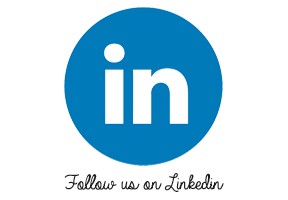Electrical engineering is comparatively one of the newer branches of engineering, and dates back to the late 19th century. It is that branch of engineering that deals with the technology of electricity, electronic components and electromagnetism. Electrical engineers work on a wide range of components, devices and systems, from tiny microchips to huge power station generators.
The interest in this branch usually develops from an interest of dealing with different electric circuits and components. From resistors to transformers, this branch of engineering is the root to most of the electric appliances at home and the many complicated components at an electric power station!
Early experiments with electricity included primitive batteries and static charges. However, the actual design, construction and manufacturing of useful devices and systems started with the implementation of Michael Faraday?s Law of Induction, which essentially states that the voltage in a circuit is proportional to the rate of change in the magnetic field through the circuit.
Some of the most famous personalities in electrical engineering include Thomas Edison known for the invention of the electric light bulb, George Westinghouse known for the invention of alternating current, Nikola Tesla known for the invention for a simple induction motor, Guglielmo Marconi kwon for the invention of radio and Philo T. Farnsworth known for the invention of a television. These devices, which are so common in the daily usage of a human being were initially developed with one itself.
2.What does an electrical engineer do?
Merging with the beautiful concepts of physics, mathematics and electronics theory, an electrical engineer is usually the one who develops, designs, and manages the simple electronic appliances and circuits.
?Electronics engineers design and develop electronic equipment, such as broadcast and communications systems ? from portable music players to global positioning systems (GPS).? states the U.S. Bureau of Labor Statistics.
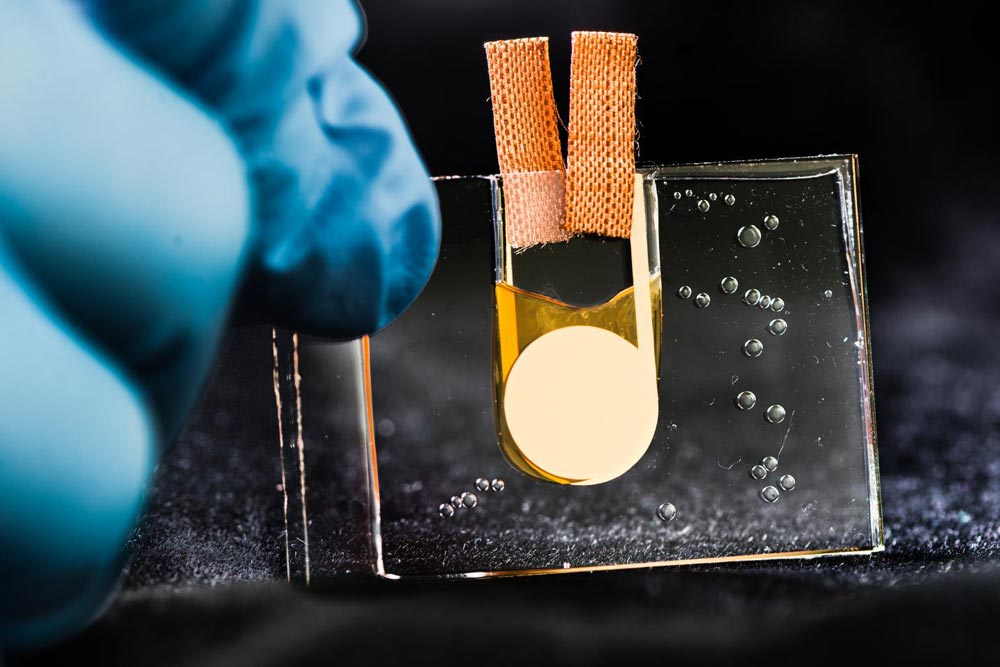 The world?s first heat driven transistor ? A logic circuit that is controlled by heat signal instead of an electrical signal.
The world?s first heat driven transistor ? A logic circuit that is controlled by heat signal instead of an electrical signal.
Electrical engineering is the branch of engineering which gives a full fledged overview of everything which involves the concept of electricity. This branch is spread over topics like
- Voltage and Current
- High frequency circuits
- Digital and Analog Circuits
- Medicated technology
- Measurement and control
- Power and Energy Systems
- Microcontrollers
- Generators
- Battery management
- Control Systems and many more?.
Electronic engineering is the branch which conceptualizes the working of these circuits. In simple words, one can say that Electronics is a subset of the Electrical part.
Electronics basically is more or less about transistors, diodes and similar components, arranged or kept in miniaturized integrated circuits and alike. Electronics is boxed till the applications of simple devices on a circuit board. Anything and everything you find in a computer, some component of a car and even a smartphone! Here, the voltage in most cases is limited to the extent of 5V, with low current.

4. Career Options
- Broadcast Engineer ? Broadcast engineers, also known as broadcast engineering technicians, are the individuals responsible for setting up and operating video and audio equipment for television or radio broadcasts.
- Circuit designer ? Mainly does the job of working out the physical form that an electronic circuit will take. Gives an leveled view of the electrical design of the construction of physical circuit.
- Communications engineer ? A communications engineer is responsible for the research, design, development and production of communications equipment/systems. Communications engineering encompasses modes of communication such as satellites, radio, internet and broadband technologies and wireless telephone services.
- Consumer Advocate ? a person whose job is to protect the rights of customers, for example by giving advice, testing products, or trying to improve laws relating to the sale of goods
- Design Engineer ? A design engineer is a general term that covers multiple engineering disciplines including electrical, mechanical etc. Basically works on the designing end in any given discipline from the overview layout till the complete product.
- Distribution Planning engineer ? The job here mainly is about the electrical planning and layout of the distribution of power to any given centre or commanding location.
- Drafting technician ? Although it is known to be a field in civil engineering, electrical engineers too are into this while drafting the electrical side of any thing, Yes, any appliance.
- Hardware Engineer ? Hardware engineers research, design, develop, and test electrical systems and components such as processors, circuit boards, memory devices, networks, and routers.
- Helicopter Pilot ? The name says it all. Electrical Engineers can become helicopter pilots!
- Military engineer ? The job description here involves the electrical communication part in the military services.
- Network Engineer ? A network engineer, also known as network architect, designs and implements electrical networks. Unlike network administrators, the network engineer focuses on high-level design and planning.
- Nuclear Engineer ? Nuclear engineers design the equipment and create the operating procedures used in nuclear power plants. Many also operate the machinery that monitors nuclear power and find methods to safely handle and dispose of nuclear waste.
- Patent Agent ? A person who is qualified to prosecute patents (i.e. drafting and filing a patent application) is known as a patent agent. Given the fact the drafting a patent requires specific technical as well as legal knowledge, only a person qualified in both domains will be able to fulfill the obligations of patent prosecution.
- Product Development Engineer ? The primary responsibility of development engineers is to create a product design that fulfills a company?s or client?s strategic goals while integrating the needs of marketing, sales and manufacturing departments. They oversee research and design teams, lead testing procedures and draft specifications for manufacturing.
- Product Manager ? The product manager is often considered the CEO of the product and is responsible for the strategy, roadmap, and feature definition for that product or product line. The position may also include marketing, forecasting, and profit and loss (P&L) responsibilities.
- Project Engineer ? The project engineer is also often the primary technical point of contact for the consumer. A project engineer?s responsibilities include schedule preparation, pre-planning and resource forecasting for engineering and other technical activities relating to the project.
- Public Utility consultant ? As the name suggests, this career option is all about giving consultancy to either firms or some entity, in regard to the required info required.
- Research Engineer ? Research Engineers apply their expertise and knowledge to technical projects, finding innovative, cost-effective means to improve research, techniques, procedures, and/or products and technologies.
- Robotics Technologist ? Robotic technologists use their knowledge of electrical, electronic, and mechanical systems to assist engineers in the development and production of automated equipment.
- Sales Representative ? Sales representatives sell retail products, goods and services to customers. They work with customers to find what they want, create solutions and ensure a smooth sales process. Sales representatives will work to find new sales leads, through business directories, client referrals, etc.
- System Support Analyst ? A system support analyst is an electrical specialist who analyzes and optimizes these processes for their company. These analysts may work with many forms of technology, from inventory systems and cost and variance vectors to more concrete electrical concerns such as communication, power saving and payroll.
- Technical sales Engineer ? Also sometimes called ?systems engineers,? ?pre-sales support,? or ?field consultants,? SEs act as the sales team?s technical encyclopedia during the sale, representing the technical aspects of how the product solves specific customer problems. They perform technical presentations for the product.
- Technical writer ? Like a Content writer or a developer, a technical writer focuses on generating and writing content with its primary focus on the technical aspects.
- Telecommunications technician ? A telecommunications Technician basically has to maintain and repair networks by testing circuits, isolating malfunctions, and repairing equipment. Demonstrate proper equipment usage to customers. Establish and remove wiring, hardware, and equipment used in communication systems and networks.
- Test Technician ? Their primary duty is to ensure that products perform their proposed functions in a satisfactory manner. For complex products, such as automobiles or computers, test technicians may specialize in monitoring a specific part or set of components.
- Toy Designer ? Designing electrical toys like a car or a robot or even a gun comes in the primary duties of this career option.
- University Professor ? No Description required.
- Aeronautical Engineer ? Aeronautical engineers work to make sure propulsion systems operate efficiently and that an aircraft?s aerodynamic performance is sufficient.
- Aerospace Engineer ? Aerospace engineers design primarily aircraft, spacecraft, satellites, and missiles. In addition, they test prototypes to make sure that they function according to design.
- Aircraft Performance Engineer ? As an aircraft performance engineer, you would be responsible for applying advanced engineering principles to the design and development of aircraft, in order to ensure that they operate at optimal levels, as safely and efficiently as possible.
- Astronautical Engineer ? This comes under Aerospace engineering category and is a sub category.
- Avionics Engineer ? Avionics engineering is a sub field of Aeronautical engineering and deals with electronic systems that are used on aircraft, artificial satellites and spacecrafts. Basically it deals with the systems that are required in order for the plane to work seamlessly.
- Electrical Engineer ? The main job duties are :- Evaluates electrical systems, products, components, and applications by designing and conducting research programs; applying knowledge of electricity and materials. Confirms system?s and components? capabilities by designing testing methods; testing properties.
- Electrical Systems Engineer ? Research, design, develop, test, or supervise the manufacturing and installation of electrical equipment, components, or systems for commercial, industrial, military, or scientific use.
- Electrician ? They typically do the following: Read blueprints or technical diagrams. Install and maintain wiring, control, and lighting systems. Inspect electrical components, such as transformers and circuit breakers.
- Electronics Engineer ? Electronics engineers design and develop electronic equipment, such as broadcast and communications systems, from portable music players to global positioning systems (GPS). Many also work in areas closely related to computer hardware.
- Energy Efficiency Engineer ? They usually, Design, develop, or evaluate energy-related projects or programs to reduce energy costs or improve energy efficiency during the designing, building, or remodeling stages of construction.
- Entrepreneur ? Businessmen! The type of business is of choice.
- Instrument and Control Engineer ? A control and instrumentation engineer (C&I engineer) is responsible for designing, developing, installing, managing and/or maintaining equipment which is used to monitor and control engineering systems, machinery and processes.
![]()
5. Companies offering jobs to electrical engineers in various sectors
Following are some of the companies in private sector that hire various skilled electrical engineers:
- Alstom
- ABB
- Larsen & Toubro (L&T)
- Crompton Greaves Limited
- Bajaj Electricals Ltd
- Siemens India
- Tata Steel
- Tata Motors
- Schweitzer Engineering Laboratories
- Jindal Steel & Power Ltd.
- Spectrum Power Generation Limited
- HBL Power Systems Limited
There are a lot of other companies which hire electrical engineers. Public & Government Sector Electrical
Following are some the PSUs (Public Sector Undertakings) that recruit electrical engineers:
- National Thermal Power Corporation Limited
- Hindustan Petroleum Corporation Limited
- Gas Authority of India Limited
- Indian Oil Corporation Ltd.
- Heavy Engineering Corporation Ltd
- National Fertilizers Limited
- National Aluminium Company Limited
- Container Corporation of India Ltd.
- National Hydroelectric Power Corporation
Following are some of the Government Organizations that recruit electrical graduates:
- Bharat Dynamics Limited
- Coal India Limited
- Indian Railways
- Defence Research and Development Organisation (DRDO)
- Indian Space Research Organisation (ISRO)
- NMDC Limited
- Engineers India Ltd
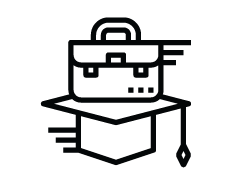
6. Schools offering specialization in Electrical Engineering for MSc
For Information on these Universities, simply click the link below.
- Massachusetts Institute of Technology
- Stanford University
- University of California, Berkeley
- University of Cambridge
- University of California, Los Angeles (UCLA)
- National University of Singapore
- ETH Zurich ? Swiss Federal Institute of Technology
- Nanyang Technological University, Singapore (NTU)
- Harvard University
- Imperial College London
- University of Oxford
- California Institute of Technology (Caltech)
- Ecole Polytechnique Fdrale de Lausanne
- Georgia Institute of Technology
- Tsinghua University
- The University of Tokyo
![]()
7. Top 10 Schools offering specialization in Electrical Engineering for PhD
Massachusetts Institute of Technology, Cambridge, MA
Stanford University, Stanford, CA
University of California ? Berkeley, Berkeley, CA
University of Illinois ? Urbana-Champaign, Champaign, IL
California Institute of Technology, Pasadena, CA
Georgia Institute of Technology, Atlanta, GA
University of Michigan-Ann Arbor, Ann Arbor, MI
Carnegie Mellon University, Pittsburgh, PA
Princeton University, Princeton, NJ
Cornell University, Ithaca, NY
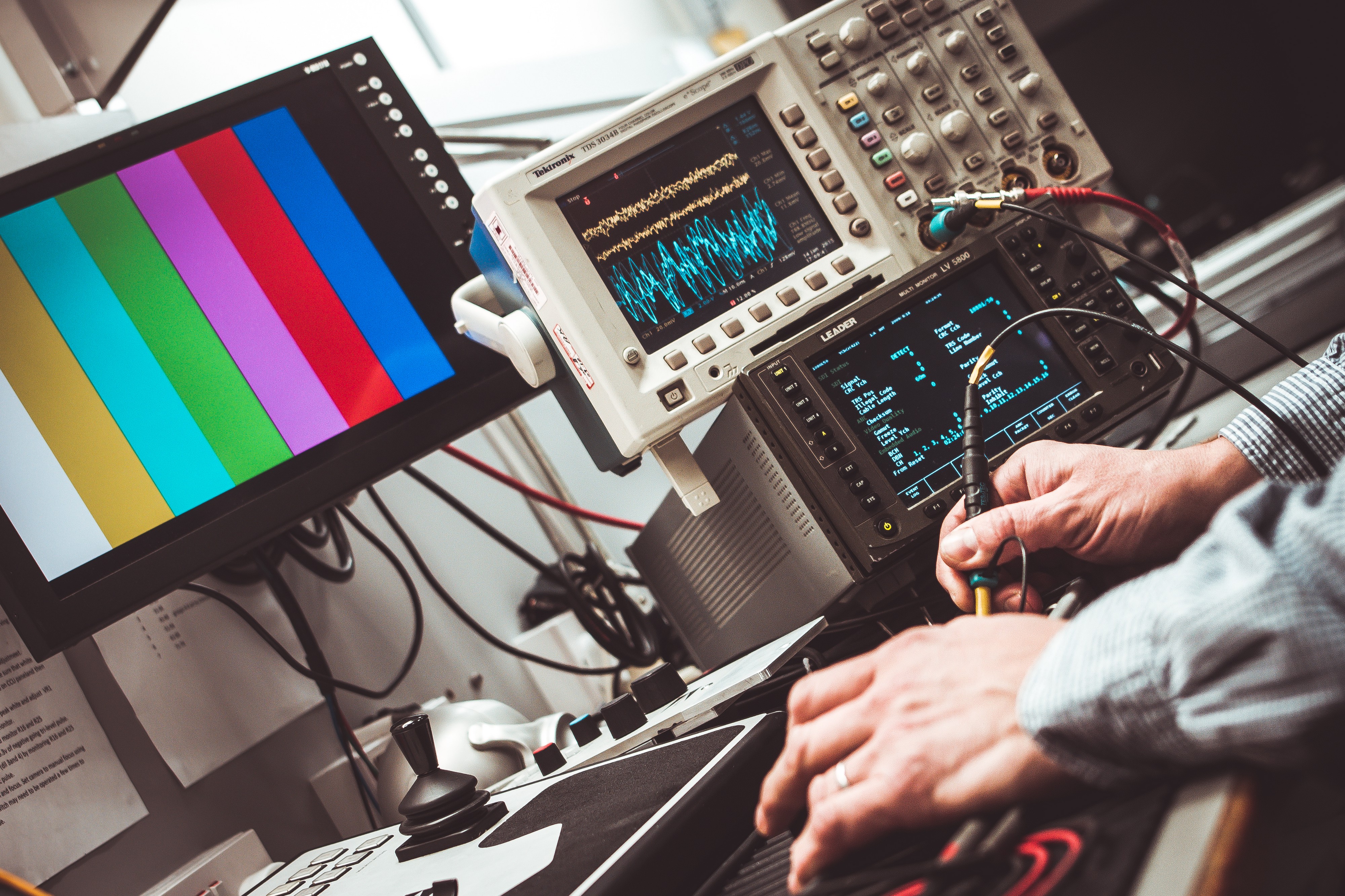
8. Online courses offered by Coursera
Please add more online resources other than coursera.
- Power Electronics
- Introduction to programming the IOT
- Robotics
- Internet of things
- Computer Architecture
- Introduction to Electronics
- The Arduino platform and C programming
- Fundamentals of Digital Image and Video Processing
- Wind Energy
- Interfacing with Raspberry Pi
- Fundamentals of Audio and Music Engineering
- Introduction to systems Engineering
- Digital Systems
- Wireless Communication
- Introduction to Satellite Communications
- MOS Transistors
- Setting up your Dragon Board
- Quantitative formal modelling and Worst-case Performance Analysis
- Wireless Communications for everybody
- Smartphone emerging technologies
- Bioelectricity
- Action Planning
- Digital Signal Processing
- Interfacing with the Arduino
- Converter Circuits
- Converter Control
- Capstone Design Project
- Emerging technologies Capstone
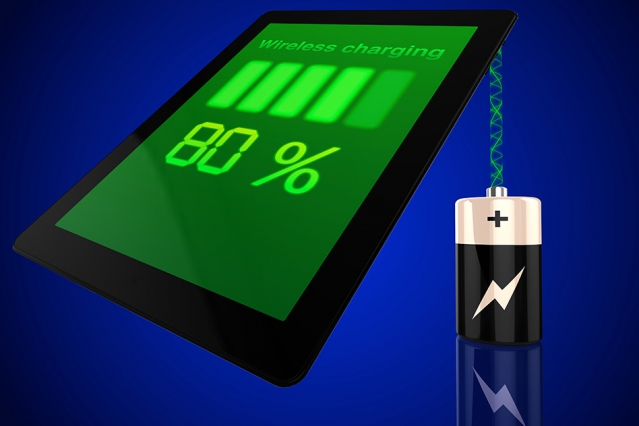 Secure Wireless Chargers ? A a chip that blocks attempts to wirelessly charge a device?s battery unless the charger first provides cryptographic authentication. Image: Christine Daniloff/MIT
Secure Wireless Chargers ? A a chip that blocks attempts to wirelessly charge a device?s battery unless the charger first provides cryptographic authentication. Image: Christine Daniloff/MIT
Other online courses offered:-
- Dynamic Programming and Stochastic Control
- Dynamic Systems and Control
- Feedback Systems
- Discrete-Time Signal Processing
- Principles of Digital Communication I
- Principles of Digital Communication II
- Semiconductor Manufacturing
- Submicrometer and Nanometer Technology
- Microelectronic Devices and Circuits
- Electromagnetics and Applications
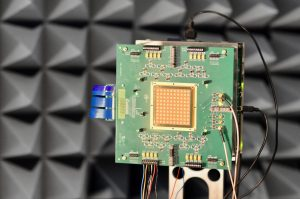 Making 5G a reality ? Learn about world?s first reported Si-based 5G mmWave phased array antenna module operating at 28GHz. Close up of the silicon-based millimeterWave phased array antenna module mounted on a test board.
Making 5G a reality ? Learn about world?s first reported Si-based 5G mmWave phased array antenna module operating at 28GHz. Close up of the silicon-based millimeterWave phased array antenna module mounted on a test board.
9. Books and Material
You can directly download these free online books using the given links
- Engineering Mathematics : Youtube Workbook
- Automation and Robotics
- Essential Engineering Mathematics
- Introduction to Electronic Engineering
- Concepts in Electric circuits
- Introduction to Complex numbers
- Electric Power
- Control Engineering Problems
- Control Engineering
- Introduction to Vectors
- Introduction to Power Electronics
- Introduction to Digital Signal and Systems Analysis
- Electromagnetism for Engineers
- Electric drive system and operation
- Study and Implementation of Image and Video Matting Techniques
- Digital Systems Design
- Development and Implementation of RFID Technology
- Fundamentals of Electrical Engineering and Electronics
- A Pragmatic Introduction to the Art of Electrical Engineering
- Automated Manufacturing Systems with PLCs
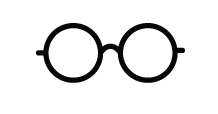
10. Blogs to follow
- electrical-engineering-portal.com ? This website is very good for the recent advancements in electrical engineering and also improve some of the tricky concepts
- http://www.electrical4u.com/ This website is very good as a resource in learning and upgrading your skills.
- ETRICAL ? This blog includes all the concepts and many interview questions dealing with the different aspects of electrical engineering.
- IEEE Spectrum ? This website includes all the papers and recent popular projects happening around the world in the field.
- Engineering Expert Witness Blog ? Philip J. O?Keefe is the author of the Engineering Expert Witness Blog, which is one of the longest running engineering blogs on the internet; it also commonly is used as a resource by college students.
- Electrical Engineering Tour ? This website is a complete package of electrical engineering tours, wherein you will find tutorials and everything you want to know about the branch.
- EE Times ? EE Times is a magazine providing engineers with up-to-date, relevant news, analysis and opinion. Covering topics such as power management, programmable logic, test & measure and more, EE Times is a trusted resource for engineering information.
- ElectricNet ? From trading to regulatory news, ElectricNet is a digital publication with an abundance of news and information for electrical engineers. It also includes various other platforms of learning and also offers weekly based newsletter.
- IEEE Xplore ? IEEE strives to reach the community of engineers at large through its publications, conferences, technology standards, and professional and educational activities, and its IEEE Xplore Digital Library contains more than 3,775,000 items to further advance the association?s mission.
![]()
12. Podcasts you must follow being an electrical engineer
- The Engineering guy: Available as both Video and Audio, Bill Hammock is one of the most wanted presenters. His style is a polished explanation on whatever the subject is at hand.
- Embedded.fm: From conductive textiles to wearable technology, Elicia White has the best interviews and thorough observations of her hands-on topic.
- The Spark Gap Podcast: Karl and Corey are embedded engineers covering a variety of embedding engineering topics. They make their podcasts fun and have easy to grab concepts.
- AddOhms Video Tutorials: This website basically gives an end to end tutorials on most of the viable topics on most of the tough and commonly confused topics
- Engineering Update: This is again a very popular podcast which talks about all the recent adventures taking place in the industry with the recent advances taking place.
- Talking Machines: This is basically your gateway into the world of machine learning. Another great platform to know about the blank window
- The Discovery Files: Another great forum where all the exciting and mind blowing electrical techniques are shown with their simple scientific explanation.
- The Engineering Commons Podcast: With virtual reality to sunken cruises, these podcasts will give you a deep griid learning experience on the latest technology.
- MakingChips >> Equipping Manufacturing Leaders (Making Chips): Lying beside the most important part of electrical engineering, these podcasts will grind your brain into the art of chip making!
![]()
13. Bootcamp
- Power Electronics Design ? 6?8 weeks
![]()
14. Interview with Experts
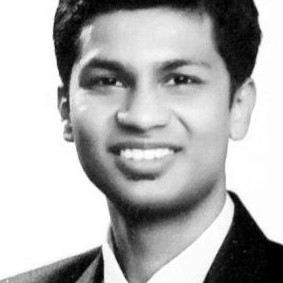 Nitin Shivaraman
Nitin Shivaraman
Here are a few excerpts from Apoorva?s conversation with Nitin Shivaraman an Embedded Software Engineer at HP Singapore, who have found their passion in the field of Computer Vision. He did his Master?s from Nanyang Technological University, Singapore
? My motivation behind studying Electronics as a major field of study during my undergrad is that I was highly fascinated by circuits and the whole idea behind how things could work by connecting one component to another. As every undergrad student, I also studied a variety of subjects from Digital Signal Processing to Communication, Networking to Embedded Systems and explored as many as possible doing internships and working on projects. It was working at the intersection of both hardware (circuitry) and software (building logic and programming it) that eventually got me interested in the field of Embedded Systems. I decided to work as a R&D Engineer at Nokia Siemens Networks in order to know more about the field and get hands on experience in the same. Later, after reaching a saturation level, I planned to do a Master?s in Embedded Systems. There are a lot of factors that needs to be considered while choosing which schools to apply to such as personal interest, academic coursework, internship and jobs scenario, financing the studies, student?s profile, etc. I shortlisted two programs offered by University of Stuttgart, Germany and Nanyang Technological University (NTU), Singapore as both focused on hardware as well as software aspects of the field which others did not. An important point that every undergrad student should note here is to try to maintain a good academic profile as it is often considered as an important criteria to shortlist students for their master?s programs. NTU has been the best decision of my life as not only it gave me a world-class exposure to the field of Embedded Systems by being advised by great professors and mentors but also opened doors to get experience in academia and industry. I have had the opportunity to work in industry after graduation as a Embedded System Engineer but as I realized my learning curve becoming flat, I switched back to research in order to work on something new daily. In research, one is expected to do something that no one has done before and you got to make things work instead of making them perfect. This experience of working as a Research Associate has made me brave enough to try different things in my current job at HP. I can now venture into new projects and work on innovative ideas using my skill set without a hunch of getting it wrong.
Advice that I?d like to give undergraduate students is to work for at least 1 or 2 years before venturing into any plans of Master?s or a PhD. Try to get to know your actual interests by doing internships in research or industry and have defined goals. ?
![]()
Beginner?s Guide to Data Science ? P R E V I O U S
N E X T ? Shit You Should Know If You Are New in UX Business!
Authors: Apoorva Bhalla, Fellow at Connectedreams.com | Ankit Malhotra, Intern at Connectedreams.com

